9
As someone who has dabbled in the world of video blogging, I have come to realize the significance of producing exceptionally high-quality material in order to share my life experiences and tales across a variety of social media platforms. Creating videos is only one aspect of vlogging; the most important aspect is cultivating true connections and trust with your audience through the creation of material that is continuously interesting.
Because of the ever-increasing popularity of video blogging, there is a huge and diverse selection of cameras available to choose from. These cameras can accommodate a variety of recording locations, content genres, and usage scenarios. Nevertheless, navigating this sea of options can be intimidating, particularly for those who are just starting out. Because of this, I have compiled this guide to assist you in navigating the process of picking the finest vlogging camera to improve your content creation journey. I have drawn from my personal experiences to create this guide.
You will be able to make an educated decision that is in line with your artistic vision and improves your experience of vlogging if you give serious consideration to the distinctive characteristics and capabilities of each camera.
What is vlogging?
Vlogging is the process of making videos that are similar to blogs in terms of style and content. These videos are usually posted on the web regularly and can be thought of as diaries or conversations. “Vlog” means “video blog” or “video log.” Most blogs and vlogs are casual and can be about a lot of different people, things, and events.
A vlog doesn’t have to follow a certain format; it can be one long video or a bunch of short videos that have been put together. Also, you don’t have to spend a lot of money on expensive film gear. Many amateur vloggers can get fans and subscribers with just a smartphone or a cheap camera.
Best Vlogging Cameras Comparison Table
With the current rise in vlogging, it’s important to keep quality and flexibility high for the best experience. So, it takes time and work to find the best camera with lots of choices. Since a lot of thought went into this, these are the best vlogging cameras for beginners that can work well in tough conditions.
| Feature | Sony ZV-1F | Insta360 X3 | DJI Osmo Pocket 3 | Fujifilm X-S20 | GoPro Hero 12 |
|---|---|---|---|---|---|
| Type | Compact vlogging camera | 360 camera | Gimbal camera | Mirrorless camera | Action camera |
| Video resolution | 4K HDR (30fps) | 5.7K (30fps) 360° | 4K (60fps) | 4K (30fps) | 5.3K (60fps) |
| Photo resolution | 20.1 MP | 18 MP (360°) | 12 MP | 26.1 MP | 23 MP |
| Image stabilization | Built-in | Electronic (FlowState) | 3-axis gimbal | In-body | Electronic (HyperSmooth 5.0) |
| Microphone | Directional microphone | 3 built-in microphones (with wind reduction) | Directional microphone | Built-in stereo microphone | Built-in microphones (with wind reduction) |
| Screen | Tilting touchscreen LCD | Touchscreen LCD (detachable) | Tilting touchscreen LCD | Tilting touchscreen LCD | Front LCD screen |
| Check Deal | Check Deal | Check Deal | Check Deal | Check Deal | Check Deal |
Best Vlogging Cameras
As a vlogger, YouTuber, or TikToker, you need to have a lot of energy, be creative, and have the right tools. After all, viewers expect almost every show to have professional quality, such as HD video and clear sound. The best cameras for vlogging can help you look your best and make it easy to record your videos.
Sony ZV-1F
| Feature | Description |
|---|---|
| 4K Video Recording | High-resolution video recording capabilities |
| Fast Autofocus | Quick and accurate autofocus for crisp shots |
| Flip-Out Screen | LCD screen that flips out for easy vlogging |
| Product Showcase | Specialized mode for showcasing products |
| Image Stabilization | Built-in stabilization for smooth footage |
| Check Price |
As someone who likes to blog, the Sony ZV-1F caught my attention because it has some great features. With a big 1-inch sensor, it works great in low light and easily creates mesmerizing bokeh. It also has a built-in directional microphone that makes sure the sound is crystal clear, and the touch screen display makes it easier to frame and control. But it doesn’t have some high-tech features, like lenses that can be switched out and picture stabilization built right into the body, which some users might want.
The Good
- Fast and accurate autofocus
- Convenient flip-out screen for vlogging
- Product showcase mode for detailed shots
- Effective image stabilization
The Bad
- Fixed lens may not suit all needs
- Pricey compared to similar models
Insta360 X3
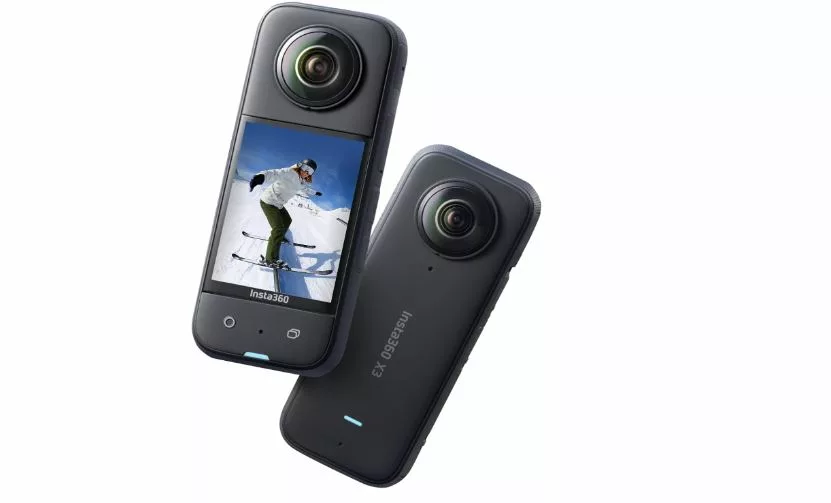
| Feature | Description |
|---|---|
| 360-Degree Capture | Ability to capture immersive 360-degree footage |
| FlowState Stabilization | Advanced stabilization technology for smooth shots |
| AI Editing Tools | AI-powered editing tools for quick and easy editing |
| Waterproof Design | Waterproof casing for underwater shooting |
| Bullet Time | Unique bullet time effect for dynamic shots |
| Check Price |
The Insta360 X3 caught my attention because it promised immersive 360-degree footage, which would let me do a lot of artistic things. It comes with editing software that lets you stitch and reframe photos without any problems, and its tough design makes it a great tool for outdoor activities. But it can be hard to edit 360 video, and it doesn’t have tools like a directional microphone that are common in vlogging apps.
The Good
- Immersive 360-degree capture
- Advanced stabilization for smooth footage
- AI editing tools for easy post-processing
- Waterproof design for versatile shooting
- Creative bullet time effect
The Bad
- Limited resolution compared to traditional cameras
- Learning curve for editing tools
DJI Osmo Pocket 3
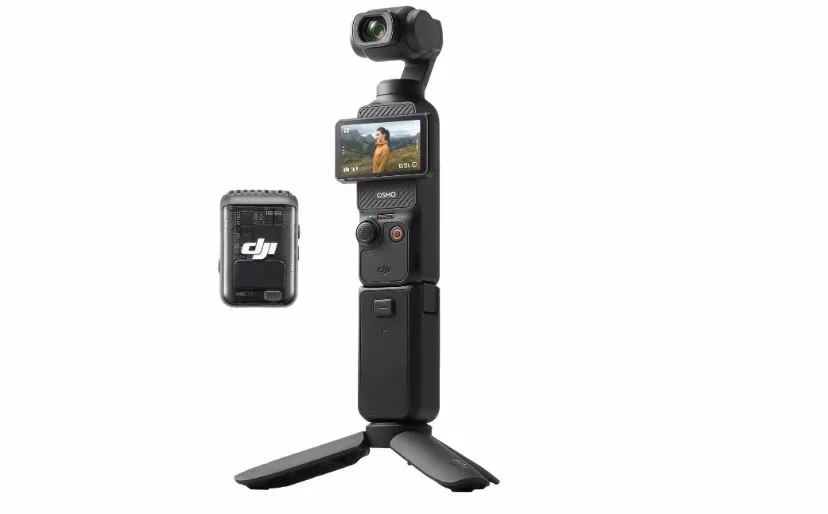
| Feature | Description |
|---|---|
| Pocket-sized | Compact design for easy portability |
| 4K Video Recording | High-resolution video recording capabilities |
| ActiveTrack 4.0 | Advanced tracking technology for smooth subject tracking |
| Pro Mode | Manual controls for fine-tuning settings |
| Wireless Connectivity | Wireless connection for seamless file transfer |
| Check Price |
I can speak for the DJI Osmo Pocket 3’s performance and versatility because I have used it myself. You can easily stabilize it and get great video footage, so it’s perfect for recording both exciting events and everyday life. It’s easy to carry around and use because it’s small and has an easy-to-use touchscreen. However, the fixed lens could make it harder to be artistic, and it might not shine as brightly in low light as some of its competitors.
The Good
- Portable and pocket-sized design
- High-quality 4K video recording
- Advanced subject tracking technology
- Pro mode for manual control
- Convenient wireless connectivity
The Bad
- Small size may be uncomfortable for some users
- Limited battery life
- Limited compatibility with external accessories
Fujifilm X-S20
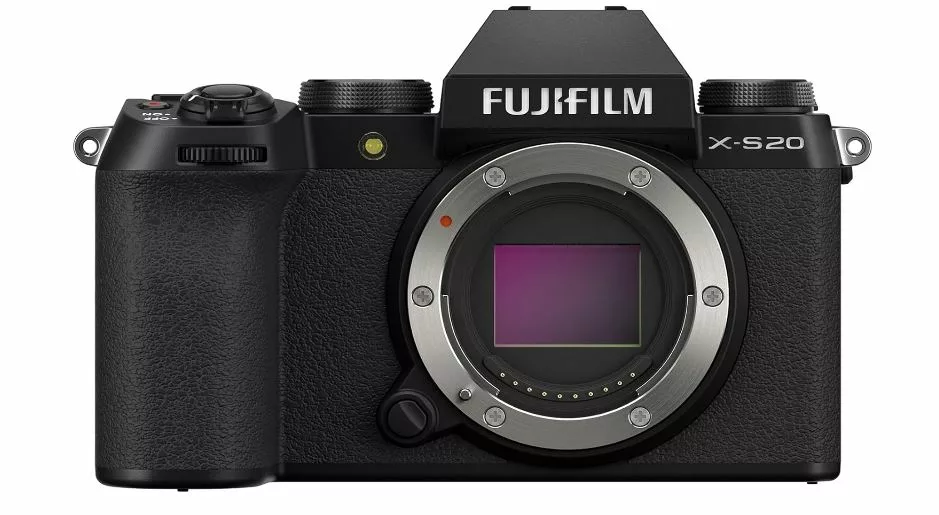
| Feature | Description |
|---|---|
| APS-C Sensor | High-quality APS-C sensor for detailed images |
| 4K Video Recording | Sharp and detailed 4K video recording |
| Film Simulation | Fujifilm’s signature film simulation modes |
| Tilting Touchscreen | Tilting touchscreen for easy operation and navigation |
| Dual Card Slots | Dual card slots for extended storage and backup |
| Check Price |
The Fujifilm X-S20 may not be made for filming, but I was interested in it because it has great picture quality and lenses that can be switched out. With its large APS-C sensor and Fujifilm’s famous color science, which creates jaw-dropping images, it’s a powerhouse for artists who want to be flexible. Even though it’s small, it’s pretty easy to carry around. However, it lacks some features that are important for filming, like a directional microphone and in-body stabilization.
The Good
- Detailed 4K video recording
- Authentic film simulation modes
- Tilting touchscreen for flexibility
- Dual card slots for backup and storage
The Bad
- Limited autofocus performance in some situations
- Heavier compared to compact cameras
GoPro Hero 12
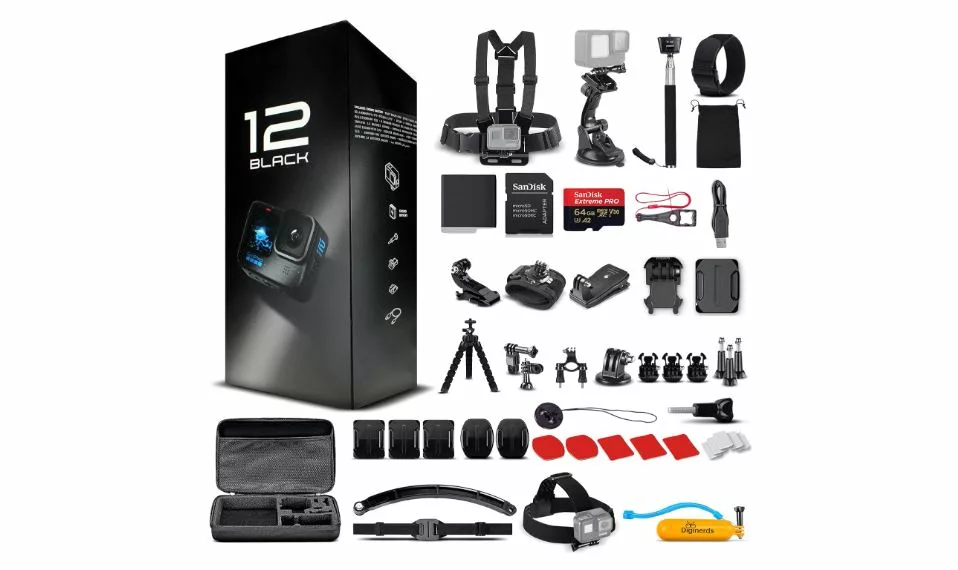
| Feature | Description |
|---|---|
| HyperSmooth 4.0 | HyperSmooth stabilization for ultra-smooth footage |
| 5K Video Recording | High-resolution 5K video recording |
| TimeWarp 4.0 | Time-lapse feature with automatic speed adjustments |
| LiveBurst | Captures 1.5 seconds before and after the shutter button press |
| Water Resistance | Waterproof design for underwater shooting |
| Check Price |
The GoPro Hero 12 is a classic action camera that is known for being tough, having a wide field of view, and having great picture stabilization. It’s a favourite for easily recording exciting adventures. However, its smaller sensor size could make it hard to use in low-light situations, and its shape isn’t ideal for standard vlogging setups.
The Good
- High-resolution 5K video recording
- Creative time-lapse features with TimeWarp 4.0
- LiveBurst for capturing action-packed moments
- Reliable water resistance for aquatic adventures
The Bad
- Limited low-light performance
- No interchangeable lenses
Factors to Consider When Choosing a Vlogging Camera
Choosing the right vlogging camera is crucial for creating high-quality video content that captures the attention of your audience. Here are some key factors to consider when selecting a vlogging camera:
- Video Quality: Look for a camera that can record in at least Full HD (1080p) resolution, if not 4K, for crisp and clear video quality. Higher resolution allows for greater detail and better image clarity, especially when viewed on larger screens.
- Low-Light Performance: Consider the camera’s performance in low-light conditions, as vlogging often involves filming indoors or in various lighting situations. Look for a camera with good low-light sensitivity and low noise levels to ensure high-quality video even in dimly lit environments.
- Image Stabilization: Opt for a camera with built-in image stabilization technology to reduce camera shake and produce smoother, more professional-looking footage, especially when vlogging on the go or without a tripod.
- Autofocus and Tracking: Choose a camera with fast and accurate autofocus capabilities, including face detection and subject tracking, to keep your vlogs in focus and ensure sharp, well-defined images even when moving or shooting dynamic scenes.
- Audio Quality: Pay attention to the camera’s audio recording capabilities, as clear and crisp audio is essential for engaging vlogs. Look for cameras with built-in microphones or external microphone inputs for recording high-quality audio and reducing background noise.
- Portability and Size: Consider the portability and size of the camera, especially if you plan to vlog while traveling or on the move. Opt for a lightweight and compact camera that is easy to carry and handle for extended periods without causing fatigue.
- Flip Screen: Choose a camera with a flip screen or articulating screen that can be rotated and tilted to easily frame yourself while vlogging. A flip screen allows you to see yourself in real-time and ensure proper framing and composition, which is essential for creating engaging vlogs.
- Battery Life: Evaluate the camera’s battery life and consider investing in spare batteries or a portable charger for extended vlogging sessions, especially when filming outdoors or without access to power outlets.
Questions and Answers
Is 4K camera good for vlogging?
Vloggers should look for cameras that are capable of recording in 4K quality in order to create high-definition videos. Additionally, cameras should have stabilization functions in order to produce footage that is smooth and polished. During times of camera shake, built-in stabilization devices or lenses that are stabilized can be helpful.
What camera do influencers use?
What type of camera do those who create content use? Experienced content creators and vloggers will find the Sony ZV-1 to be an excellent choice. With the exception of the 24-70 millimeter f/1.8-2.8 Zeiss lens, the Sony ZV-1 and its sibling, the ZV-1F, are identical in every other respect.
You Might Be Interested In
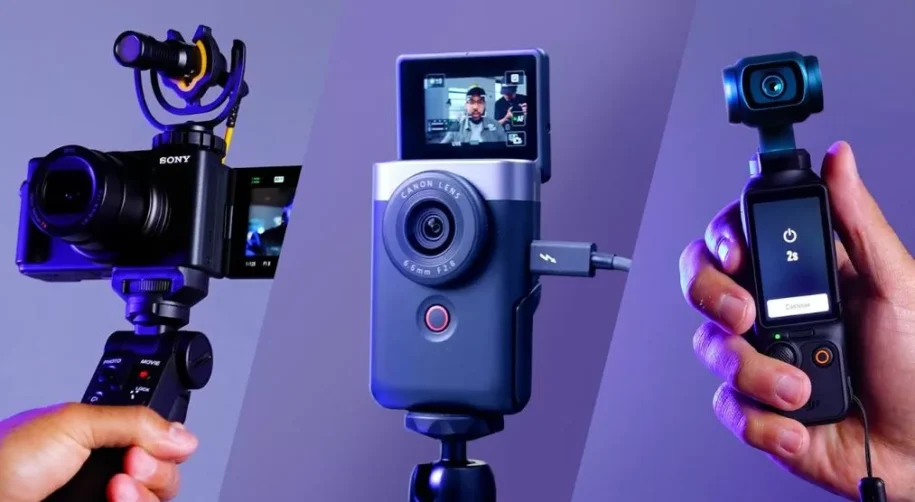
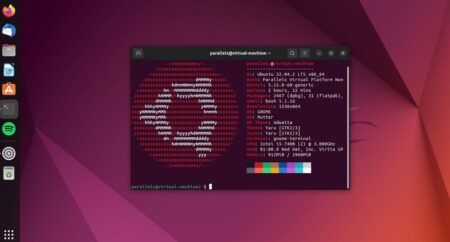
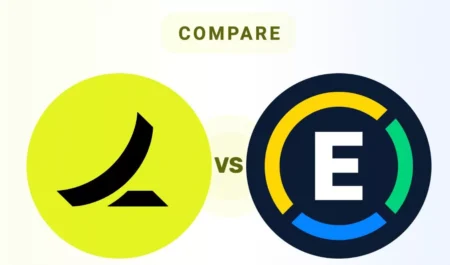

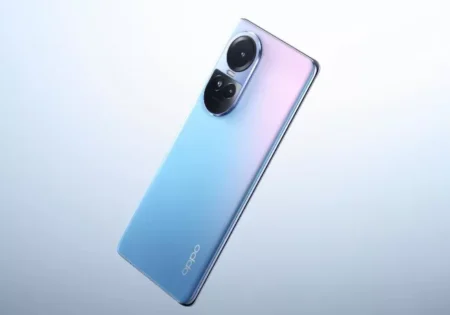
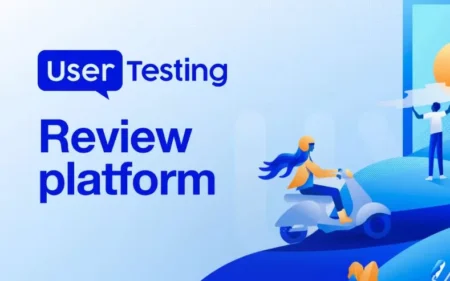

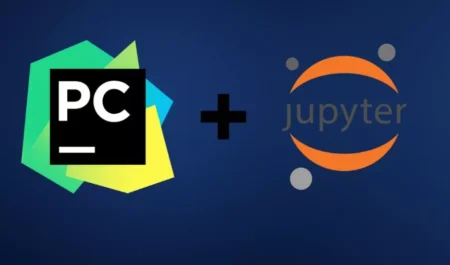
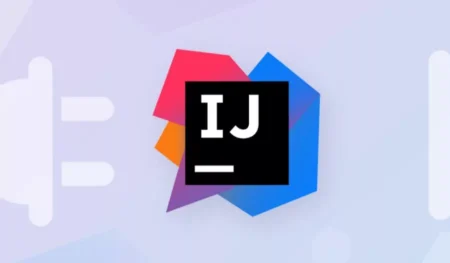

Leave a Reply